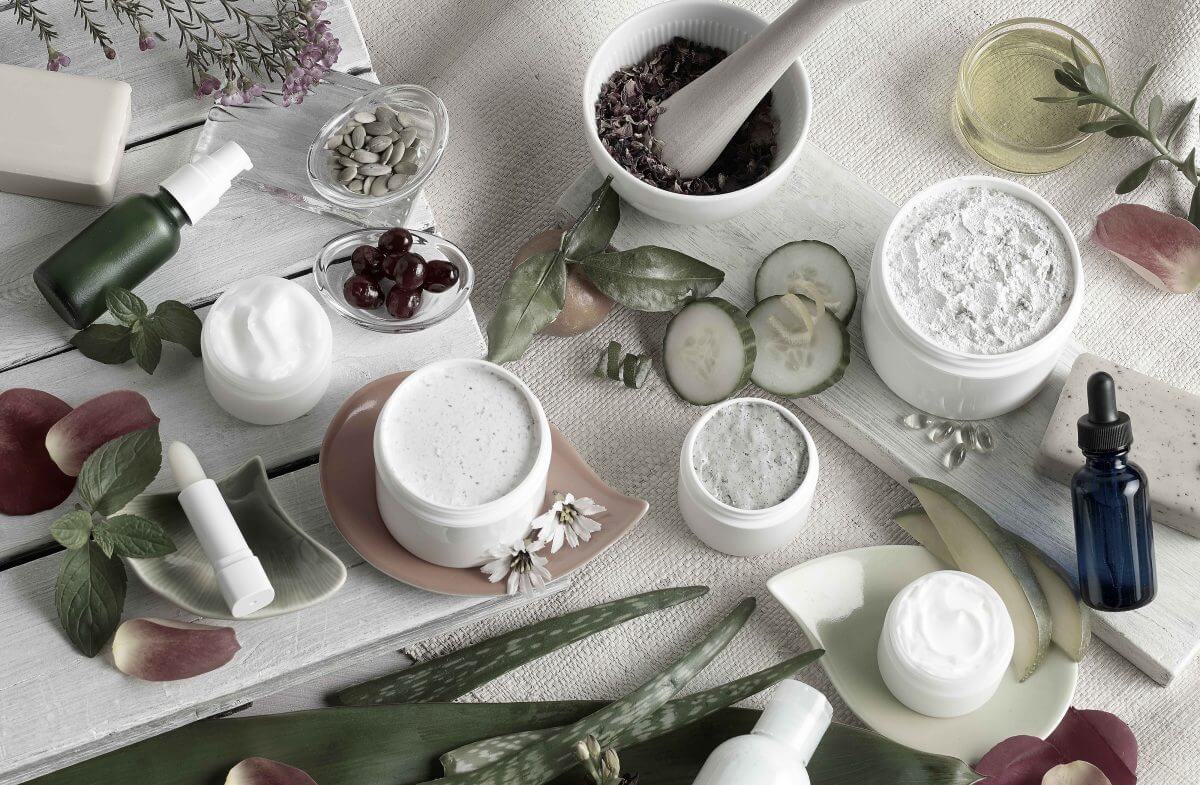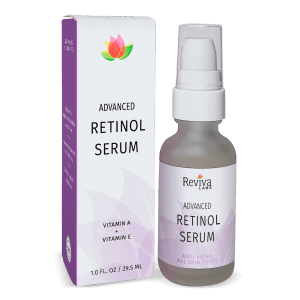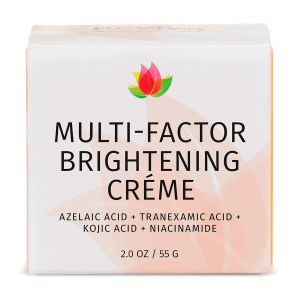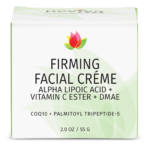Potassium Sorbate
Sorbitol mixed with syntehtic chemicals. Used as a preservative. It is toxic and causes skin irritation and allergic reactions.
Potassium sorbate is the potassium salt of sorbic acid, chemical formula CH3CH=CH−CH=CH−CO2K. It is a white salt that is very soluble in water (58.2% at 20 °C). It is primarily used as a food preservative (E number 202). Potassium sorbate is effective in a variety of applications including food, wine, and personal-care products. While sorbic acid occurs naturally in rowan berries, virtually all of the world's supply of sorbic acid, from which potassium sorbate is derived, is manufactured synthetically.

| |
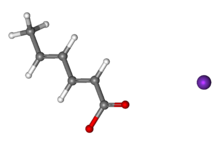
| |
| Names | |
|---|---|
| Preferred IUPAC name
Potassium (2E,4E)-hexa-2,4-dienoate | |
| Other names
E202
Sorbistat-K Sorbistat potassium | |
| Identifiers | |
3D model (JSmol)
|
|
| ChEBI | |
| ChemSpider | |
| ECHA InfoCard | 100.042.145 |
| E number | E202 (preservatives) |
| KEGG | |
PubChem CID
|
|
| UNII | |
CompTox Dashboard (EPA)
|
|
| |
| |
| Properties | |
| C6H7KO2 | |
| Molar mass | 150.218 g·mol−1 |
| Appearance | White crystals |
| Odor | Yes |
| Density | 1.363 g/cm3 |
| Melting point | 270 °C (518 °F; 543 K) decomposes |
| 58.5 g/100 mL (100 °C) | |
| Solubility in other solvents |
|
| Hazards | |
| NFPA 704 (fire diamond) | |
| Lethal dose or concentration (LD, LC): | |
LD50 (median dose)
|
4340 mg/kg (oral, rat) |
Except where otherwise noted, data are given for materials in their standard state (at 25 °C [77 °F], 100 kPa).
| |



